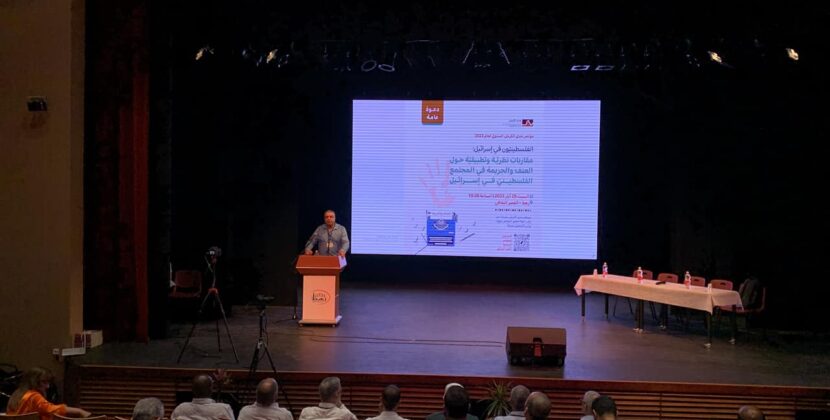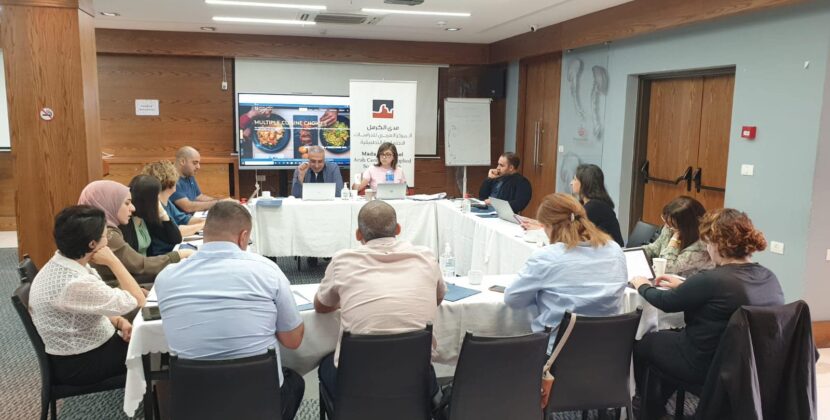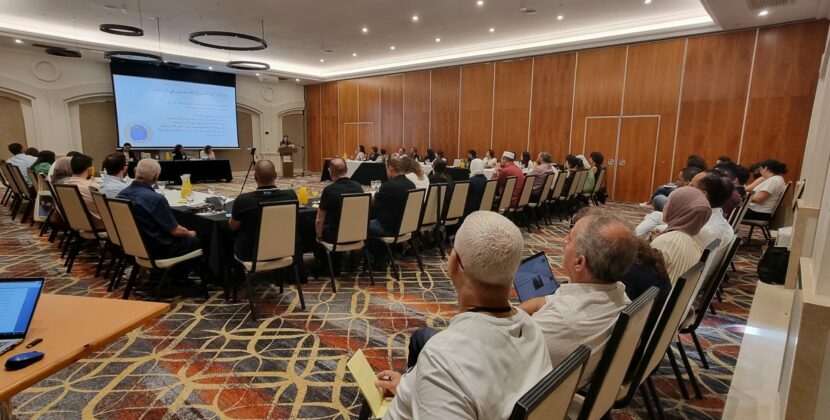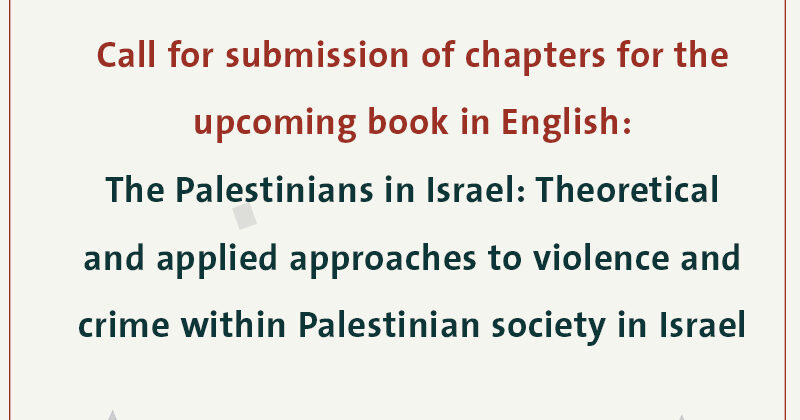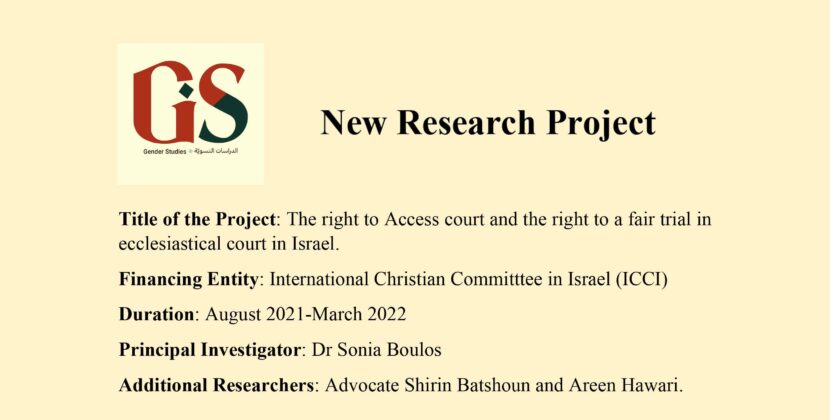Israel Studies Program
Mada al-Carmel—Arab Center for Applied Social Research is pleased to launch a new program in Israel Studies, the first of its kind run by Palestinians in Israel. The Israel Studies Program will address social, political, and historic questions on the Israeli state and society.
Now in its thirteenth year, Mada has conducted ongoing and significant research on the Israeli state and society, albeit by concentrating on the Palestinian minority within its 1948 borders. Whether the focus has been on economic justice, democratic rights, or on gender issues, the state and society more broadly have invariably been of major concern in nearly all of Mada’s research. In other words, in considering the situation of Palestinians in Israel, one cannot help but consider the state as well.
As Mada continues to develop its capacities as a committed research center—with an increasingly significant role as a premier source of knowledge and information on Palestinians within Israel—it has become imperative that Mada specifically dedicate attention and resources to studying the Israeli state and society. In order to gain an in-depth understanding of the situation of Palestinians living within the state—as a minority, subject to its policies, heavily influenced by its culture, values, language, institutions, and economy—Mada must also aim to gain an in-depth understanding of the state and general society. Mada has achieved the maturity and organizational capacity to now launch this crucial program, and this program will further Mada’s organizational and research capacity.
As an academic field, Israel Studies has existed for some twenty-five to thirty years, however, it remains largely dominated by a pro-Zionist framework, limited in perspectives, scope, and capacity for attaining critical understandings. Palestinians in Israel, as insiders-outsiders, are well-positioned to bring a critical edge to this field, raising new questions and taking novel approaches. Their intimate knowledge of the society and the Hebrew language, immediate access to resources (archives, public officials, and local media), and position as an excluded, indigenous minority—socially, politically, and materially—provides Palestinians in Israel an optimal opportunity to produce close, critical research on the Israeli state and society. With a growing interest in the Arab world to understand Israel, Palestinians citizens of the state are also uniquely positioned to conduct and disseminate research in Arabic that can offer well-rounded and trusted perspectives, ones that convey deep insight and avoid mythologizing, political agendas, and charged rhetoric.
The exact research agenda will be determined by an academic committee assembled particularly for the Israel Studies Program, program and commissioned researchers, and the junior scholars participating in research training groups. It will be informed by questions the researchers bring with them, their prior research experience, immediate trends and events, and larger questions, including those raised by prior research conducted at Mada. Some of these foci may include:
• Israel’s political and legislative shift rightwards over the last decade
• The new economic elites and their political influence
• Israel’s political left
• Identity crisis in Israel
• Demographic trends and transformations
• Israel’s academy and its influence on Israel’s identity
• Agriculture and land policies and practices
• Population settlement and distribution policies and practices
• Debate on solutions to the Palestine question
• History, education, and identity





